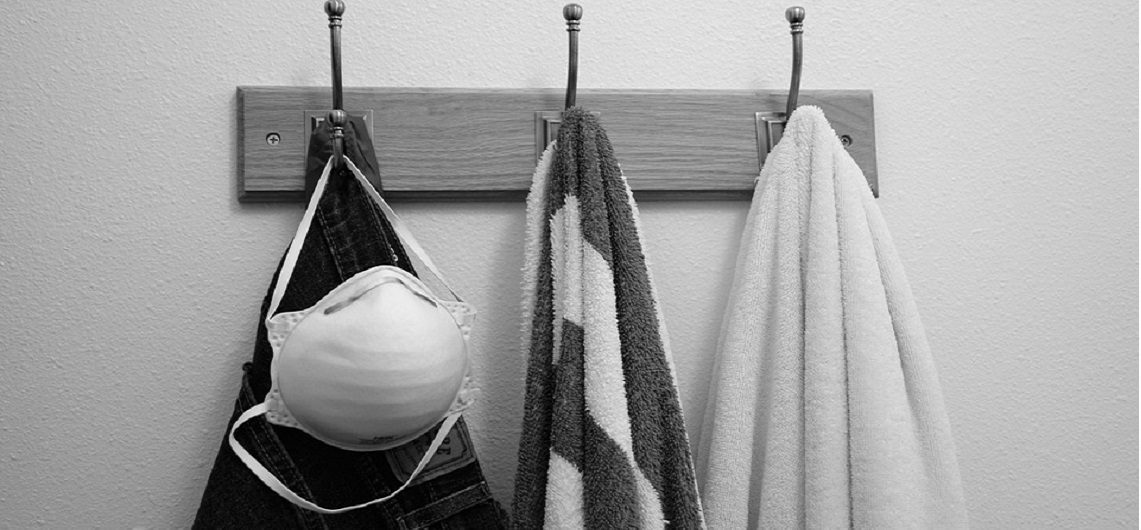by Zoe Richardson, Partner at Fieldfisher
The Health and Safety Authority (the “HSA“) will have powers to enforce compliance with the Return to Work Safely Protocol (the “Protocol“) which was launched on Saturday 9 May 2020.
The Protocol is a collaborative effort by the HSA, the Health Services Executive and the Department of Health and was overseen by the Department of the Taoiseach and the Department of Business Enterprise and Innovation. The Protocol sets out the minimum standards that workplaces will be required to have in place to prevent the spread of Covid-19 and to re-open safely.
Minister for Business, Enterprise and Innovation Heather Humphreys, speaking at the launch of the Protocol, said that compliance with the Protocol is mandatory for every workplace. The HSA will have the power to take enforcement action under the Safety, Health and Welfare at Work Act 2005 (the “2005 Act“) where workplaces are not operating in compliance with the Protocol. Full details of the enforcement regime is currently being finalised.
The HSA will also be available to provide advice and support to employers and employees on the implementation of the Protocol in the workplace.
Required Measures
The following are some of the measures which employers must put in place
- Implement a no handshaking policy;
- Organise workers into teams who work and take breaks together;
- Conduct meetings remotely as much as possible.
- Install physical barriers, such as clear plastic sneeze guards;
- Maintain at least a 1 metre distance between workers as far as practicable;
- Minimise direct worker contact and make face masks available.
HSA Powers
The HSA will have the power to visit and inspect any workplace to ensure that the Protocol is being implemented correctly.
If the HSA is not satisfied that the measures are being implemented fully in a workplace it inspects, it can advise on any shortcomings by way of an inspection report and provide timelines for the shortcomings to be dealt with.
If the HSA is not satisfied that the safety standards are being met, it will have the power to serve improvement or prohibition notices.
An improvement notice directs the person on whom it is served to remedy the matters referred to in the notice and may include specific directions as to measures to be taken in order to remedy the matters.
A prohibition notice, on the other hand, prohibits the carrying on of specified activity where the HSA is of the opinion that the specified activity is likely to involve a risk of serious personal injury to any person.
If a business fails to comply with the guidelines after being served with an improvement or prohibition notice, the HSA will have the ability to order them to shut down the workplace, as a last resort.
Dr Sharon McGuinness, Chief Executive Officer of the HSA, has indicated that if workplaces cannot put the measures specified in the Protocol in place, then they should not re-open until they are assured that they are in a position to protect workers, customers and clients who come to the workplace.
It is clear that the new measures impose stringent obligations on employers who wish to re-open their businesses and workplaces. They also place significant responsibility on the HSA as the regulator tasked with monitoring compliance and enforcing where there are failures to comply.
About the author
Zoe Richardson is a Partner in Fieldfisher’s Public and Regulatory and Planning and Environmental Departments, based in Dublin. Zoe advises primarily public sector clients, including professional regulatory, planning and licensing bodies, on their functions/powers, including: Complaints/fitness to practise; Investigation and inspection; Litigation and dispute resolution; Preparation of procedures, policies and guidelines; Statutory interpretation; Licensing and registration; and Corporate governance.









































